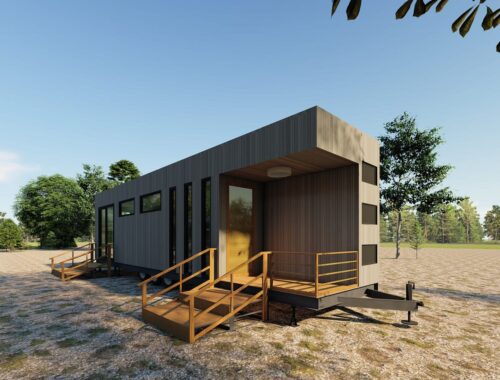Westerners (Blue or Red) Aren't Happy with Zinke
>
Republican and Democrat, the majority of westerners don’t think Interior Secretary Ryan Zinke is doing a great job. They’re especially displeased by the downsizing of Bears Ears and Grand Staircase-Escalante national monuments, and they think preserving western land is a major priority.
That’s according to a new study by the Center for Western Priorities called “Winning the West,” released Wednesday. When asked their impression of Interior Secretary Zinke, most western voters (42 percent) responded that they had an unfavorable view of his time on the job, versus those who responded favorably (25 percent) or said they don’t know (33 percent) how he has done. Even among Republicans, just 47 percent were pleased with the secretary’s work. And Zinke had especially high unfavorable ratings in Nevada and his home state of Montana.
“Regardless of political party, [voters] value candidates that are going to stand up to protect public lands,” says Jennifer Rokala, the executive director of the Center for Western Priorities.
The study polled 2,500 voters in the political battleground states of Arizona, Colorado, Nevada, New Mexico, and Montana, asking questions about conservation, energy, and policy approaches to public lands.
Some of the more interesting findings:
-
56 percent of all voters disapprove of the Trump administration on public lands issues.
-
74 percent opposed reducing Bears Ears and Grand Staircase-Escalante.
-
67 percent oppose increasing public land available for oil and gas development.
-
64 percent oppose rolling back regulations for extraction development.
-
84 percent favor investment in renewable energy.
The overwhelming majority (81 percent) of voters think outdoor recreation is important to the future of the region’s economy and, according to the poll results, that future depends on conserving public lands. Brian Gottlieb, a researcher who prepared the findings, says the study shows westerners feel strongly enough about these issues that they’re willing to cross the aisle come election time. For example, hunters and anglers—who skew politically conservative—indicated that they would vote for a Democratic candidate who supports access to public lands (and, presumably, their ability to hunt and fish on them) and that they would reject a Republican who wants to make cuts to these areas.
“The importance of outdoor recreation to the West and the western economy really stood out,” Gottlieb says. “Those numbers cannot be ignored.”
For the most part, western voters prefer a middle-of-the-road political approach that strikes a balance between conservation and energy development, according to Gottlieb and Rokala. This means that, in the coming election, candidates’ stances on energy, conservation, and public lands will be important deciding factors. More than 80 percent of people surveyed said public lands, parks, and wildlife issues were somewhat or very likely to influence their decision when it’s time to vote.
There’s definitely a more balanced political approach to public lands than what’s going on in D.C. right now, Rokala says. “Our hope is that candidates take this data, digest it, and use it to inform their positions on public lands and meet the voters where they are,” she says.
You May Also Like

HOW TO PREVENT MOLD AND MILDEW ON TRUCK TARPAULINS?
November 22, 2024
トレーラーハウスで叶える自由なライフスタイル
March 17, 2025